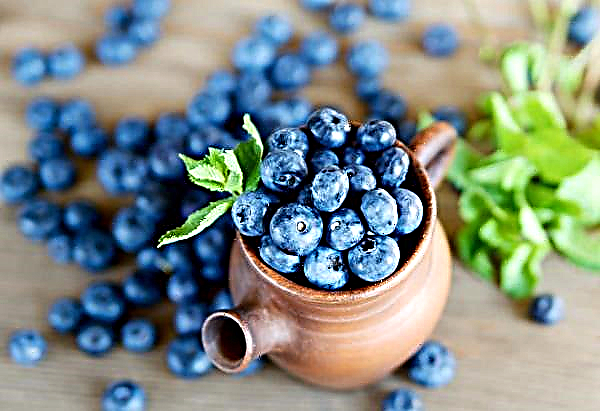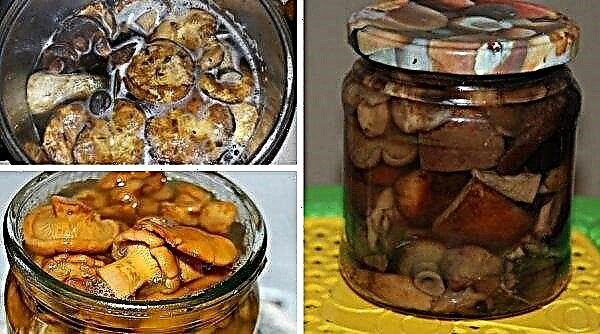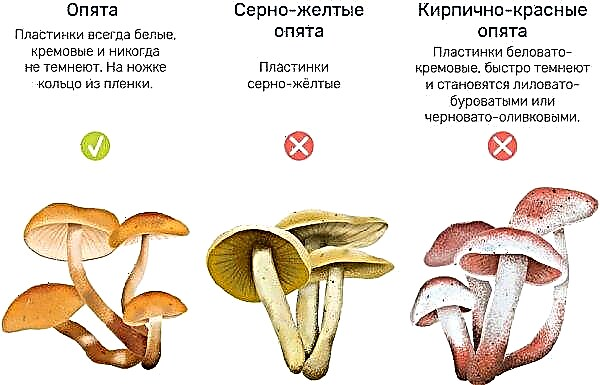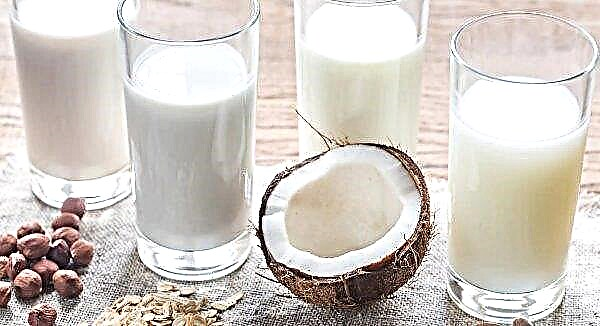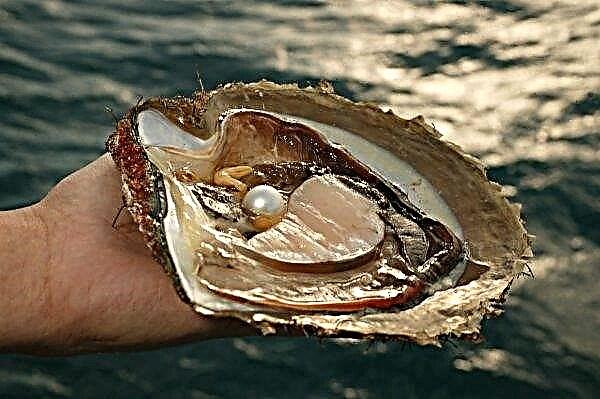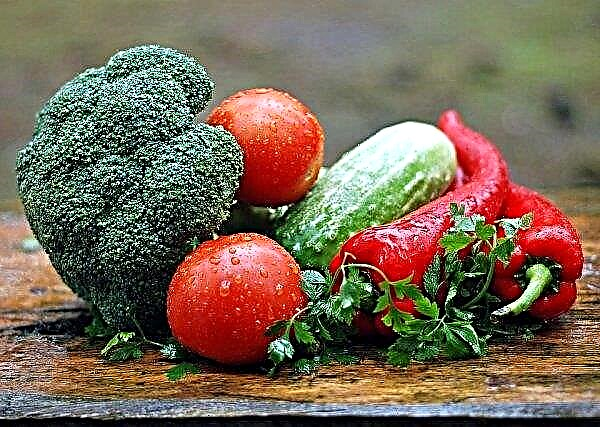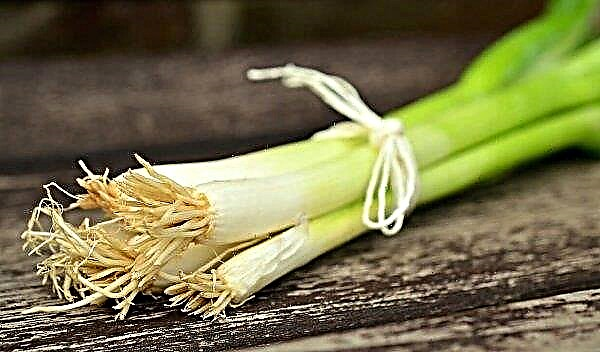During pregnancy, a woman is primarily recommended what is useful. In the list of products porridge is not the last place. From this article, expectant mothers learn whether they can eat millet dishes, in what quantities and how to cook it.
Is it possible to millet porridge during pregnancy
Millet, whose grain is called millet, does not contain allergic compounds, toxic substances, so it can be consumed throughout pregnancy. Millet porridge is one of the first dishes in the diet in kindergartens. Any porridge, and millet is no exception, it is a source of complex carbohydrates, which even in small quantities saturate the body with energy.
 Croup has a rich chemical composition, helps to normalize digestion and regulates weight in reasonable amounts. This is important for women, especially in the first trimester, when the body is just starting to rebuild. The period may be accompanied by disorders, problems with stool, vitamin deficiency.
Croup has a rich chemical composition, helps to normalize digestion and regulates weight in reasonable amounts. This is important for women, especially in the first trimester, when the body is just starting to rebuild. The period may be accompanied by disorders, problems with stool, vitamin deficiency.
- The advantage of cereals in its versatility, you can cook a lot of different dishes:
- garnish;
- milk porridge;
- soup;
- pudding.
Product benefits
100 grams of simple millet porridge cooked on water contains a sufficient amount of useful elements. Most vitamins and minerals are included in the list of recommended for intake during gestation at all times.
Did you know? Millet is one of the most ancient cultivated plants, historical mentions of cultivation date back to 7 thousand years BC. e.
Vitamins of group B are especially important for the formation of the fetus:
- thiamine, B1;
- folic acid, B9;
- pyridoxine, B6.
 Elements play an important role in the formation of cells and tissues, participate in the processes of hematopoiesis and protein synthesis.
Elements play an important role in the formation of cells and tissues, participate in the processes of hematopoiesis and protein synthesis.
Folic acid deficiency leads to maternal fatigue and irritability, to fetal neural tube malformations and other abnormalities. Pyridoxine important for the production of amino acids, responsible for many metabolic processes and the formation of a healthy immune system. Thiamine participates in the formation and functioning of brain cells, the transmission of nerve impulses.
A daily portion of porridge will make up for the lack of minerals in the mother and fetus:
| Magnesium | affects the formation of the fetus and supports the function of nerve fibers and muscle tissue in the mother |
| Potassium | supports the cardiovascular system |
| Silicon | helps the body absorb most vitamins and minerals, an important element in the formation of bone and muscle tissue, nerve fibers |
| Phosphorus | regulates metabolic processes, maintains an acid-base balance in normal, normalizes the functioning of the urinary and biliary organs |
| Iron | supplies oxygen to tissues and organs |
| Manganese | A participant in the process of splitting amino acids, cholesterol, contributes to the formation of cartilage |
| Copper | takes part in hematopoiesis, prevents abnormalities in the development of the spine |
| Zinc | contributes to normal weight gain and fetal growth |
 The presence of fiber in cereals helps to cleanse the body of the decay products of drugs, toxins, and contributes to the rapid digestion of food.
The presence of fiber in cereals helps to cleanse the body of the decay products of drugs, toxins, and contributes to the rapid digestion of food.
It's no secret that due to the restructuring of the hormonal background, a woman becomes irritable, she often suffers from insomnia, her appearance worsens - symptoms that indicate a lack of useful elements. The complex of vitamins and minerals normalizes blood pressure and serves as a prophylaxis of anemia, which is not uncommon in pregnant women. Porridge consumed in moderation is an excellent prevention of constipation.
Important! Pyridoxine deficiency in the first trimester is one of the main causes of early toxicosis.
How to cook
First rule - no instant cereals, after processing, there is practically nothing useful left in them. When buying cereals, pay attention to its color - the yellower the color, the better. Look at the date of manufacture. Millet with a long shelf life acquires a bitter aftertaste. Do not immediately dial a large number.

Without additives
Before cooking porridge, cereals need to be washed, preferably three times. Then, in order to better boil, the grains are poured with boiling water for 15 minutes. You can cook both in water and milk, to taste. The ratio of liquid to cereal is 3: 1. Porridge is boiled quickly, 25-30 minutes on medium or low heat. If desired, salt or sugar, honey are added to it.
Important! If you boil in milk, do not take whole: it will slow down digestion, which is not desirable in position. It is better to take a nonfat product of 1.5-2.6%.
What can be added to the dish
In summer, seasonal vegetables and fruits are used as a healthy supplement, depending on what type of dish: second or dessert. In the absence of allergies in a pregnant woman, a handful of wild berries, stone fruits are perfect.

In winter, dried fruits are used instead, but in small quantities, since they are high-calorie. In winter, as an alternative, pumpkin is well suited, and instead of sugar it is better to use honey. The future mother should not overload the stomach, so cooking porridge with fatty meat or lard is not worth it, it is already nutritious.
Did you know? According to historical data, the superiority in the cultivation of millet belongs to China. Here, not only dishes were prepared from cereals, but also drinks: beer, kvass.
Contraindications and harm
The calorie content of a portion of porridge cooked on water is 90 kcal per 100 g. If you add butter or sugar to it, it will become more nutritious. Do not use the product in large quantities, so as not to gain excess weight. In the last trimester, it is better to eat porridge as rarely as possible, especially if there is a tendency to constipation.

Since cereal contains substances that slow the absorption of iodine, it is contraindicated in patients with thyroid problems. Also, you can not use the product with increased acidity of the gastric juice, during an exacerbation of chronic gastrointestinal diseases.
Thus, millet porridge in moderate use benefits both the mother and the fetus. A woman needs to be able to choose the right cereal and prepare the dish.

